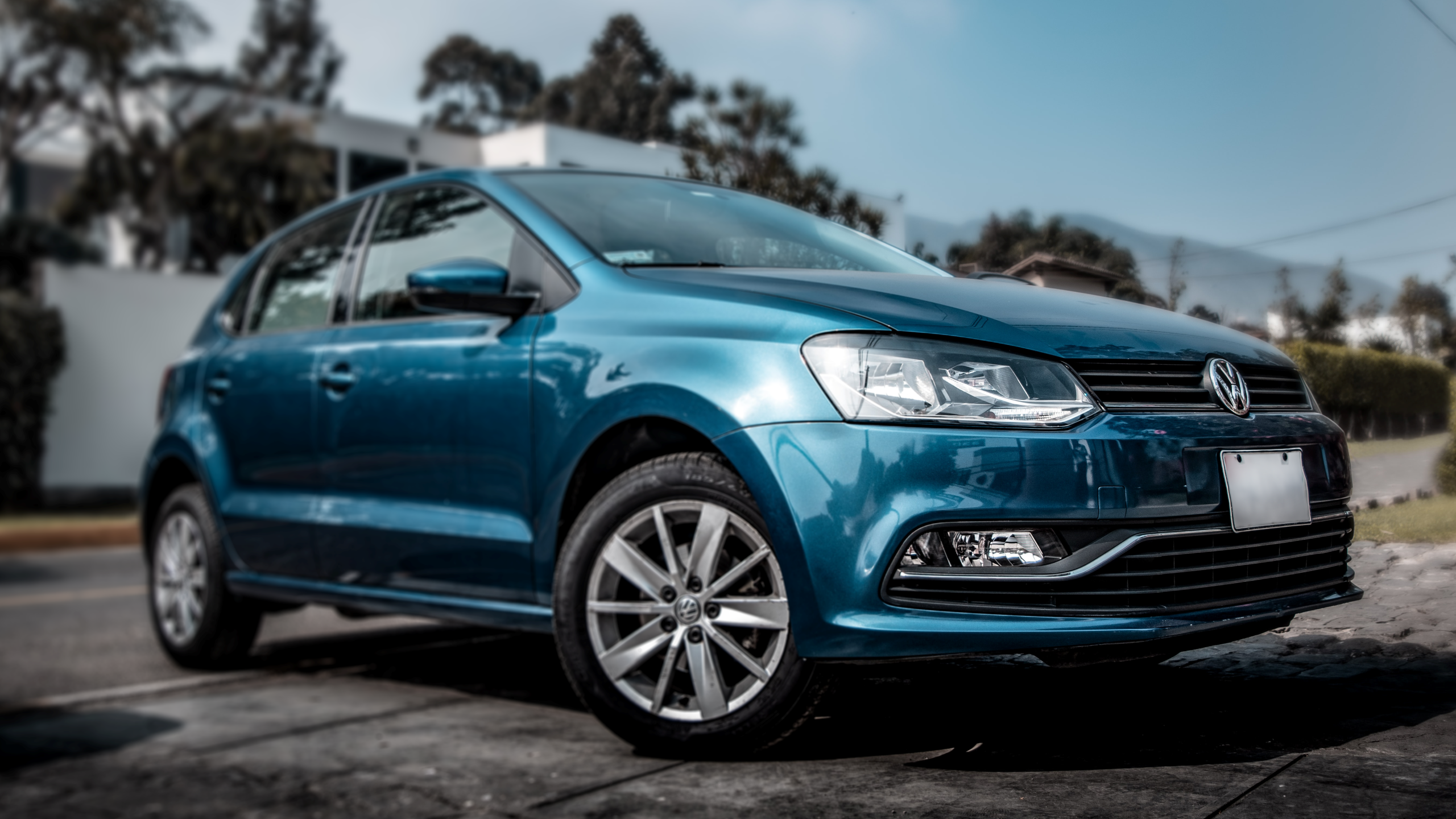Choosing the right battery for your car is imperative for a reliable and long lasting ride. Without a healthy battery, proper vehicle operation is impossible as your battery is the key component in helping to start the engine and keep all electronics running. It also allows you to charge your phone, run safety accessories and play your music – even when the engine is turned off.
Replacing the vehicle’s battery is something we all have to do throughout the life of your car. It’s normal for the batter to gradually lose power over time, and driving conditions and cold weather can be especially hard on its life. Ideally, you should have your battery tested at a local dealership to determine which is best for your vehicle and driving needs. If you need to replace the battery yourself though, here’s a few essential tips to choose the right one:
1. Understand the Essentials
Choosing a car battery that’s too small capacity wise usually means you’ll end up replacing the battery sooner than normal. On the other hand, if you buy one with too much capacity you’ll end up spending unnecessary money. Hence why it’s absolutely vital to understand car battery essentials first.
Battery Specifications
There is already a battery designed for the make and model of your vehicle. Before you go out and purchase a new one, make sure to consult the owner’s manual to determine the specifications for what battery fits best with your vehicle.
Reputable Dealership
To purchase a high quality battery, it’s important you deal with a reputable dealership. Avoid batter stores that sell very low-priced batteries, like Kmart and Target, as they won’t last the distance. Instead opt for a brand name car battery at a reputable auto parts store or battery dealer for a better quality product.
Life Expectancy
The cost of car batteries are usually a good indicator of its life expectancy. Most are rated for 5 years, so don’t risk getting stranded by purchasing a poor-quality battery that malfunctions. If you aren’t planning on keeping the vehicle for this long, don’t bother purchasing an expensive long-battery that will only outlive your need for it.
Old Battery vs. New Battery Comparison
Taking your old battery out of the vehicle and comparing it with a new one will help to decide whether it’s the right battery or not. Compare the size, shape and configuration of the two and if it isn’t a match, best to take the new one back and try again.
Warranty
As with price, warranty can decide whether the battery is of high-quality or not. The longer the warranty usually means the better the battery, because the manufacturer has confidence in the product that it’ll last the distance. Look out for battery codes for example: 24/84 which indicates a free-replacement period of 24 months and a prorated warranty of 84 months.
2. Get the Right Power
To get the right battery power for your vehicle, you need to consider the cold cranking amps (CCA) and reserve capacity (RC). Cranking amps is the measure of your battery’s starting power and should always match the standard requirements of your vehicle. Check the owner’s manual for these specifications.
Reserve capacity measures the number of minutes of reserve power the battery has at a given load. It’s this power that will ensure your battery is powering accessories in your vehicle when the engine is off. This RC is also a vital part of keeping essentials running when the alternator fails and is needed to keep your car running smoothly. Technology type and battery size will also play an important role with battery power. Make sure to check the battery label or ask shop assistant for the RC rating (in minutes) before you make your purchase. Your vehicle’s manual will have the recommended RC for your make and model.
3. Battery Maintenance
There are two types of batteries to purchase for your car – maintenance required and maintenance free. Most drivers will opt for a maintenance free auto battery, which usually comes at a higher cost but has the advantage of worry-free operation. Once these battery types are installed in your vehicle, the battery requires no electrolyte monitoring.
Maintenance required batteries are cheaper but do require this monitoring. As the driver, you will be required to check the electrolyte levels yourself or ensure it’s done by a professional. Topping up the levels may also be necessary too.
4. Does the Battery Fit Your Car and Driving Needs?
The most important question you need to answer before you purchase a new battery is does it fit your vehicle and driving needs? Replacement batteries should be the right size and design for your car to ensure the power supply is right and you won’t be left stranded.
Consider the climate in which you live in and driving conditions, as this can affect battery life significantly. Frequent high temperatures can be harsh on car batteries causing corrosion and electrolyte vaporisation, so if you’re unsure it’s best to check with your local auto dealer. Battery-life testing can be conducted to determine what is best for your specific location and driving needs too.





